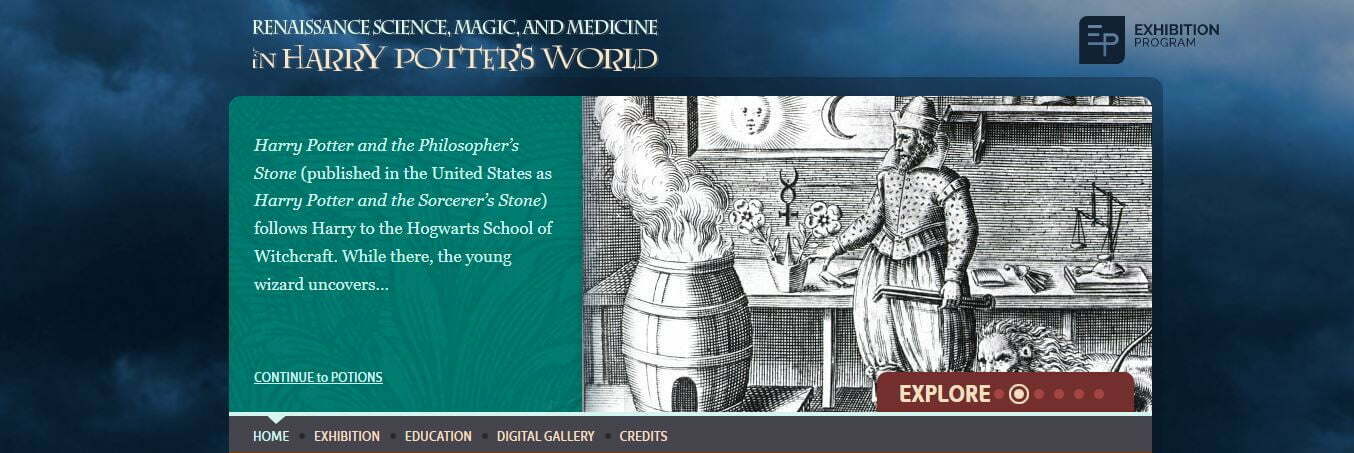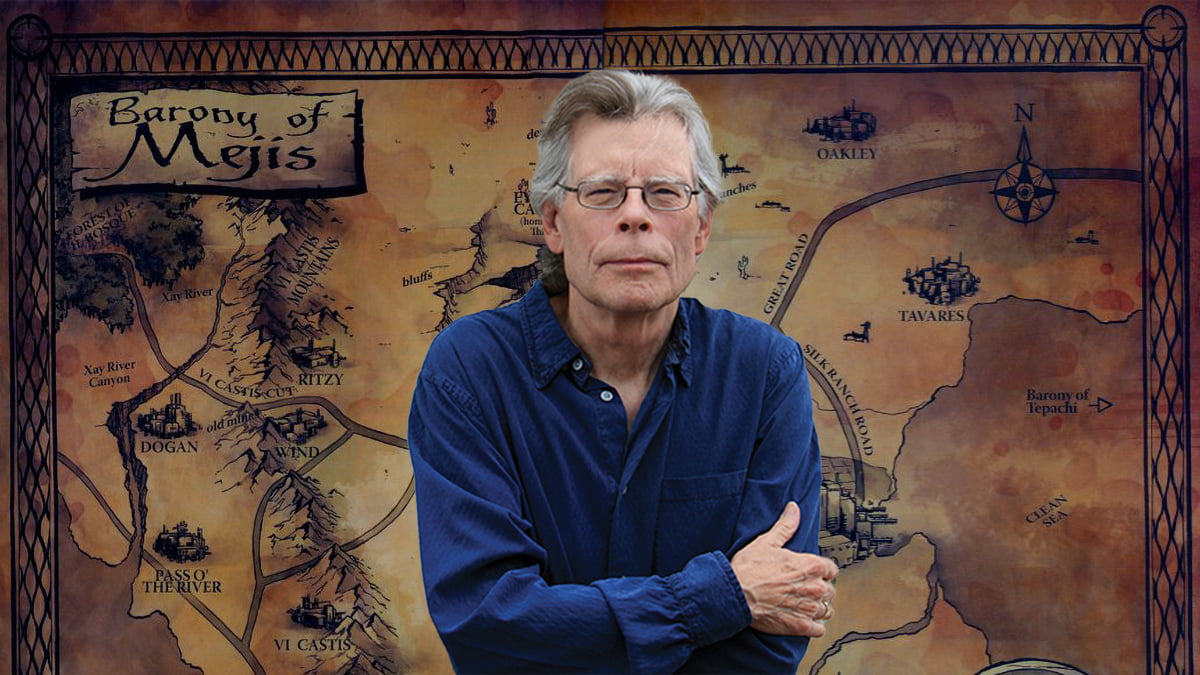“There was a lot more to magic, as Harry quickly found out, than waving your wand and saying a few funny words.” – Harry Potter and the Philosopher’s Stone
Since 1997, millions of readers have followed Harry Potter to the Hogwarts School of Witchcraft and Wizardry where he discovers his heritage, encounters new plants and animals, and perfects his magical abilities. Although a fantasy story, the magic in the Harry Potter books is partially based on Renaissance traditions that played an important role in the development of Western science, including alchemy, astrology, and natural philosophy.
Incorporating the work of several 15th- and 16th-century thinkers, a seven-part exhibition series from the National Library of Medicine at the National Institutes of Health,
Harry Potter’s World – Renaissance, Science, Magic and Medicine, examines important ethical topics such as the desire for knowledge, the effects of prejudice, and the responsibility that comes with power.
The exhibition, using materials from the National Library of Medicine, explores Harry Potter’s world and its roots in Renaissance magic, science, and medicine. It runs from October 2009 through October 2012, in local libraries all across the United States. Click here for the full schedule






